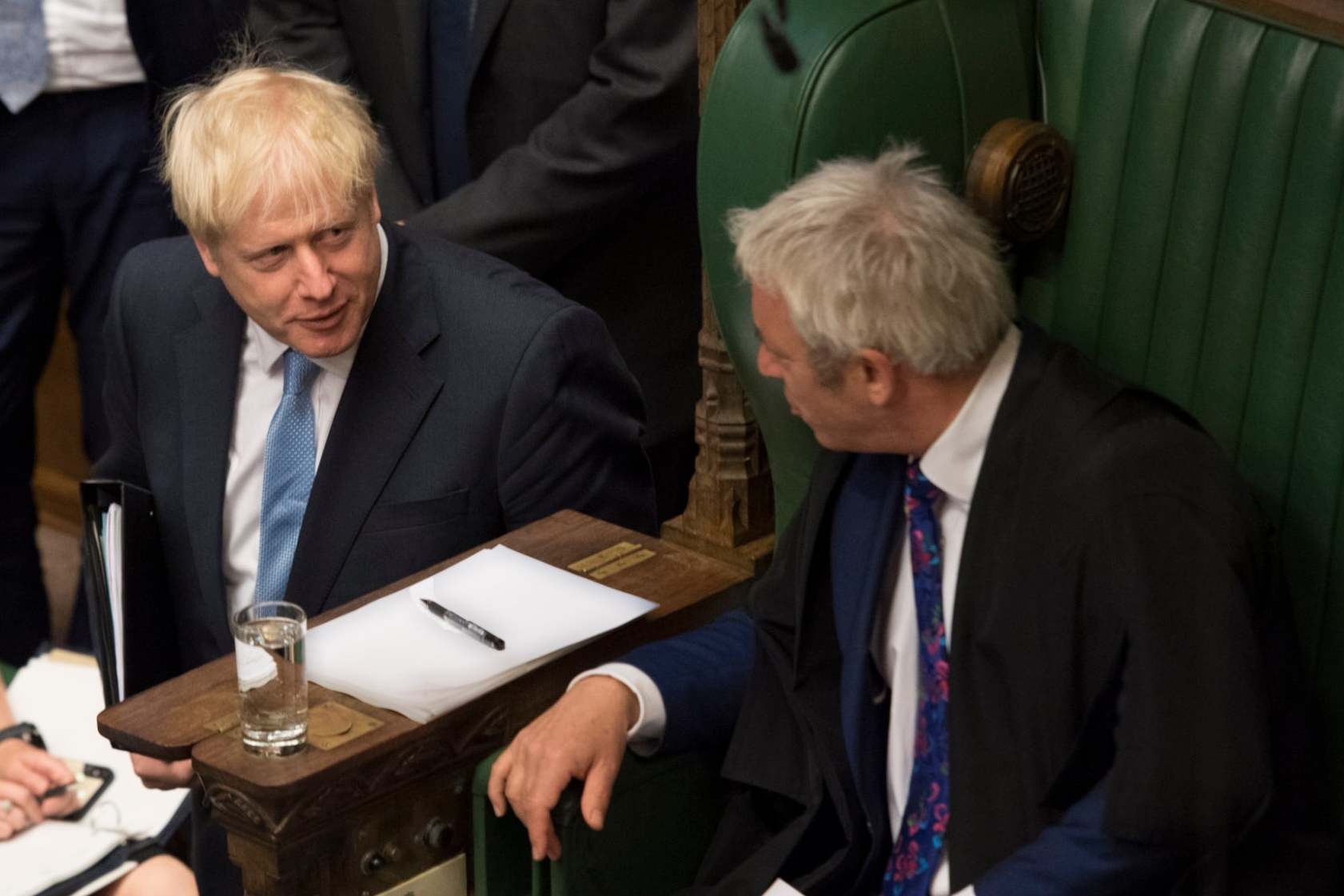Why MPs want parliament recalled over ‘national emergency’ of no-deal Brexit
Politicians fear they are running out of time to block a disastrous withdrawal from the EU, and it doesn’t look like Downing Street will budge, says Ashley Cowburn


With just 72 days remaining until the Brexit deadline, time is rapidly running out for MPs to stop Boris Johnson pushing through a no-deal withdrawal from the EU on 31 October.
MPs are well aware of this: just last week they were warned there will be few opportunities for constitutional battles over a possible no-deal Brexit in the House of Commons when they return to SW1 from their summer recess on 3 September.
It is why, over the weekend, 100 of them opposed to leaving the EU without a deal wrote to Downing Street. They demanded the prime minister recall parliament immediately over the “national emergency” posed by such a departure. Jeremy Corbyn then backed the call on Monday, as did the shadow chancellor John McDonnell.
“We face a national emergency,” the MPs said. “Parliament must be recalled now in August and sit potentially until 31 October, so that the voices of the people can be heard, and that there can be proper scrutiny of your government.”
Their demand is not without precedent. The House of Commons has been recalled on 29 occasions since 1948. The most recent being during the EU referendum campaign to pay tribute to the murdered MP Jo Cox.
Other issues MPs have been ordered back to Westminster over in recent times include a debate over the use of chemical weapons in 2014, and the riots in London and other English cities in 2011.
But in order for parliament to be recalled, the Commons speaker, John Bercow, must receive a formal request from the government. Perhaps unsurprisingly, Downing Street dismissed the demand yesterday.
“The House of Commons agreed the date it would rise for summer recess, as well as its return on 3 September and this was passed by a majority of close to 200 MPs,” the prime minister’s spokesperson told journalists.
But the signatories of the recall letter are becoming increasingly concerned with the rhetoric and actions of the new administration.
The PM has himself played down the possibility of a deal being reached with the EU. Meanwhile, his chief adviser in Downing Street, Dominic Cummings, has privately threatened that Mr Johnson could still deliver a no-deal Brexit even if he loses a vote of confidence and a general election is forced.
Despite not having the power to recall parliament themselves, MPs are conscious of the fact that time is running out, and they now have to be seen exploring every possible avenue to stop a no-deal exit from the EU.
Join our commenting forum
Join thought-provoking conversations, follow other Independent readers and see their replies
Comments